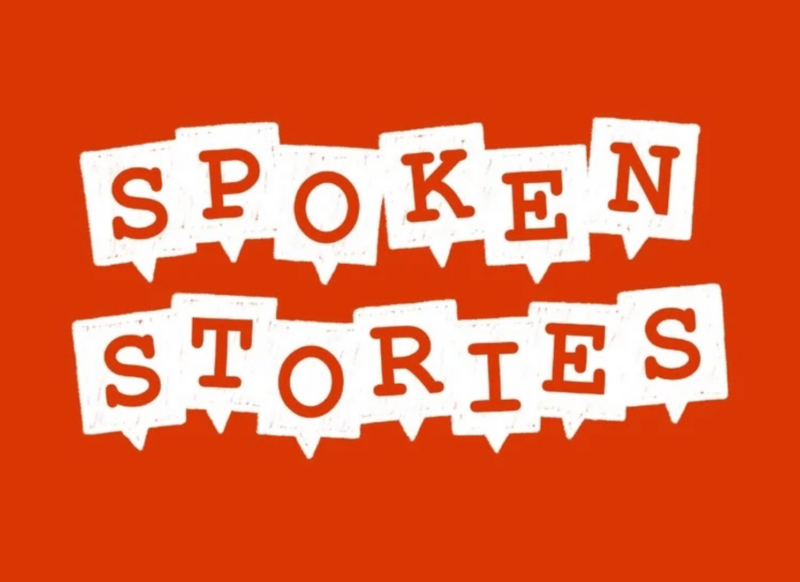
In commemoration of the Irish War of Independence, RTÉ Radio One has launched a new podcast series, Spoken Stories, which promises 12 commissioned short stories centred around the concept of “independence”.
The writers platformed, among whom there are Dublin Literary Prize winners, a Booker Prize winner, an IFTA award winner, and an Oscar-winning writer, were asked to consider this concept both broadly and in light of the 100-year anniversary of Ireland’s War of Independence.
The first episode was released on January 10th 2021, with the short story Wildlife written by Anne Enright kickstarting the series. In each of the stories to follow, writers such as Kevin Barry, Neil Jordan, and Roisín O’Donnell – to name but a few – have transported us to different epochs, both past and future, submerging their listeners within a fictional worlds either loosely or closely linked to the concept of independence.
In the seventh episode of the podcast, read by actor Stephen Rea, writer Neil Jordan imagines an Ireland “emerging from the long shadow of the current lockdown”. In his story Easter 2036, Jordan imagines a post-pandemic world where demonstrations of physical touch are reintegrated into society by a graduate student who re-infects the world – so to speak – with love or, rather, “the romance virus”.
The tender pitch at which Rae tells the story creates a much-needed sense of reassurance because, though it is fictional, the world Jordan creates resembles our own. What is perhaps even more captivating than Rae’s hoarse yet tender tone is how easily Jordan reimagines our future – something that seems so unattainable to most of us in lockdown today. Jordan cleverly constructs a narrative that initially incites worry in the reader before offering a solution: a lowly graduate student who makes it her duty to inseminate the world with the love the pandemic prevented us from physically expressing.
The perfect marriage of story and storyteller offered by Easter 2036 is something I felt many of the other recordings lacked. However, the episode where Sue Rainsford’s Shorn was read by Oscar-nominated actress Saoirse Ronan was one where I felt this connection again.
Ronan’s voice, recognisable to anyone who has seen the much-loved Oscar-nominated movie Little Women or any of her other award-winning films, seemed the perfect choice for a story with three female protagonists – perhaps because Ronan has played the role of a strong, independent woman so many times before.
Rainsford’s story tells of two daughters who cut off their mother’s hair, at her request, and bring it to the place where she was born. What first appears to be a meaningless act of hair-cutting however, carries with it a long history of pain for the girls’ dying mother. We learn that in her youth, their mother was one of the many young Irish women subjected to forced hair cutting during the Irish Civil War – a tactic used on both sides to prevent women from consorting with enemy forces.
This story speaks to the experiences of women during the Civil War and the scrutiny their bodies were subjected to at this time. However, Rainsford points out to her readers that the obscuring of women’s bodies and silencing of women that she writes about is “very much a part of [Ireland’s] on-going, contemporary legacy of silencing women”. This is certainly food for thought in the wake of the most recent protests about gender-based violence.
While some stories, like Rainsfords, retell the experiences Irish people around the time of the War of Independence, other stories, like Anne Enright’s Wildlife, take a different approach to conjuring up an expression of Independence. Enright’s story follows a family on holiday in Canada, set against the backdrop of a post-recession Ireland, and looks at the freedom this family acquires, having emerged from a period of significant financial debt.
With each story differing from the next, Spoken Stories offer its listeners a vast audio experience that will transport them far from Ireland in lockdown. The series also provides insights into the various understandings and manifestations of Independence that have stayed with us from over 100 years ago.
Spoken Stories is available to stream on all major podcasting platforms, with the final episode released at 7pm on Sunday.






